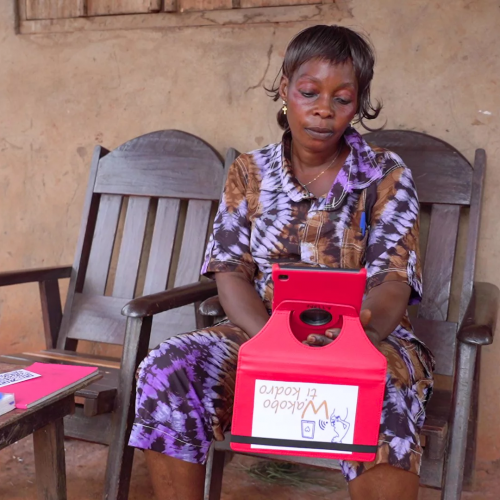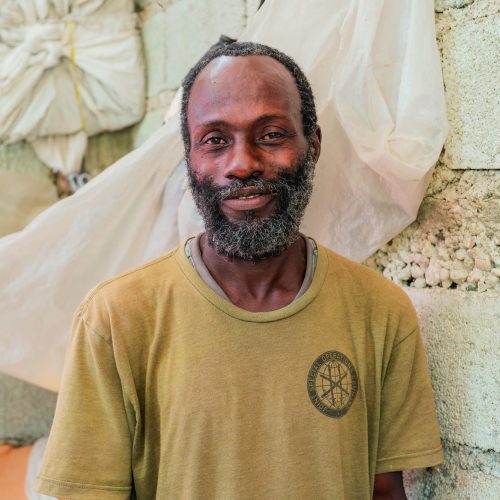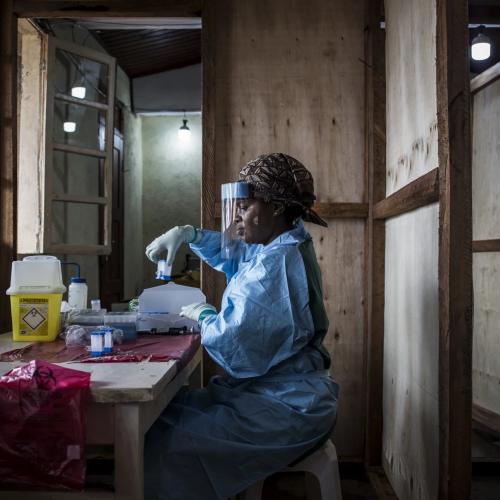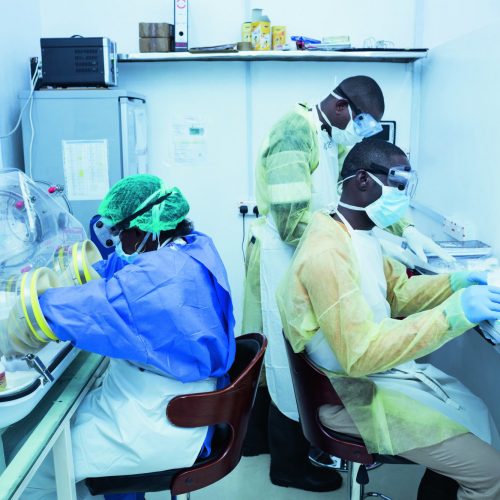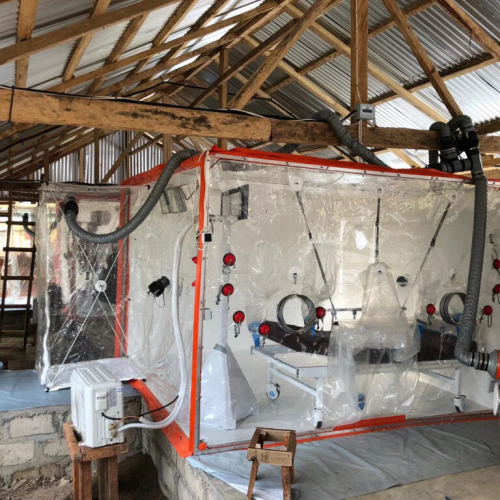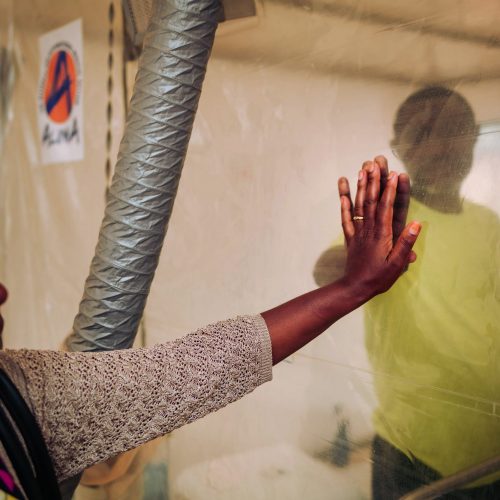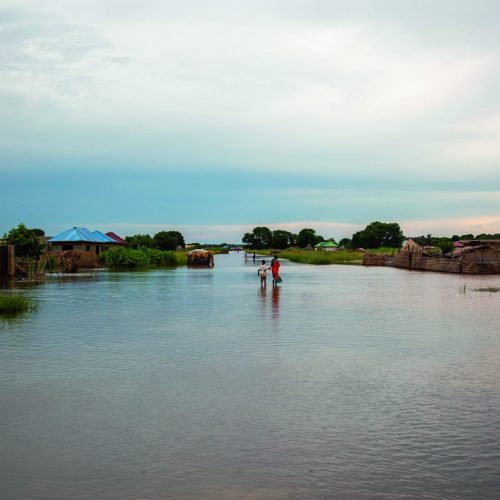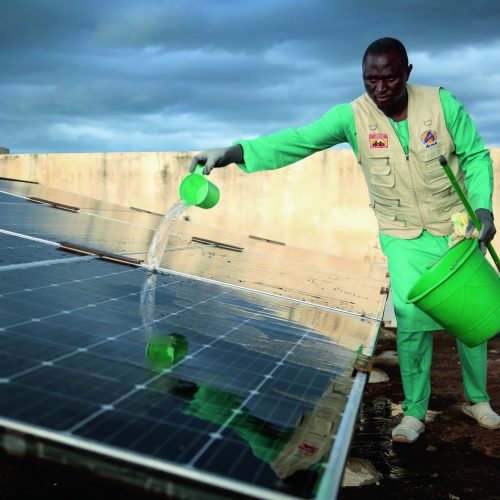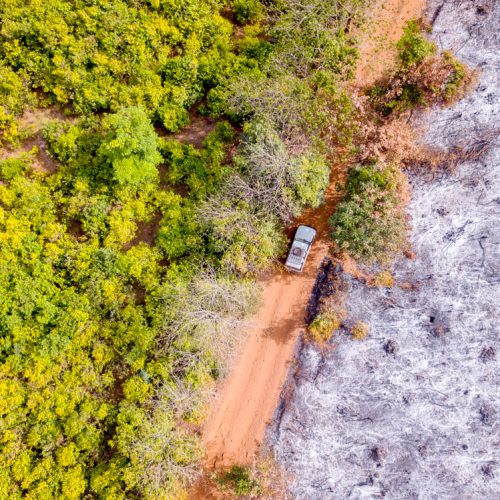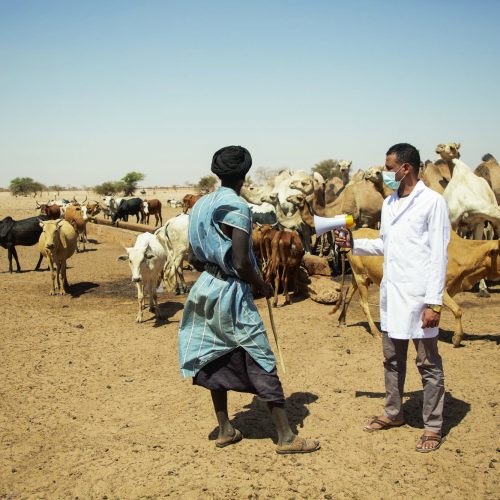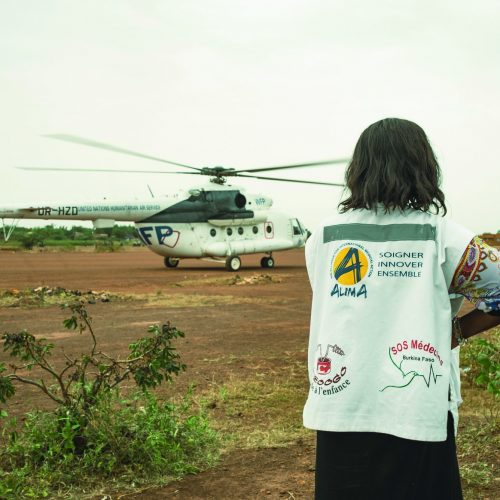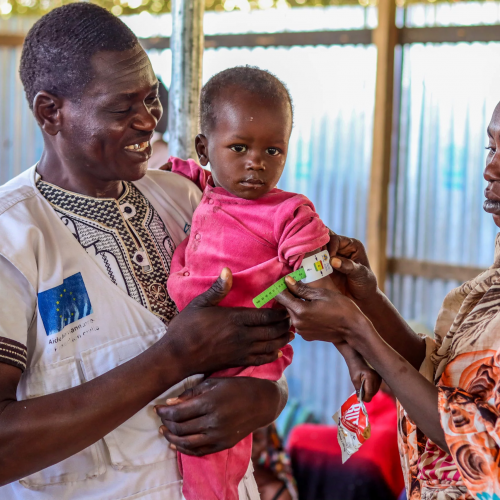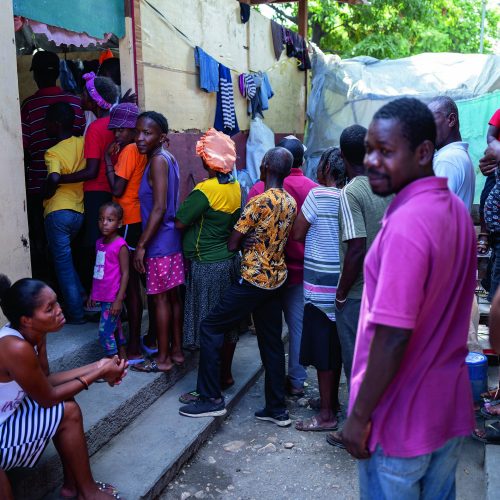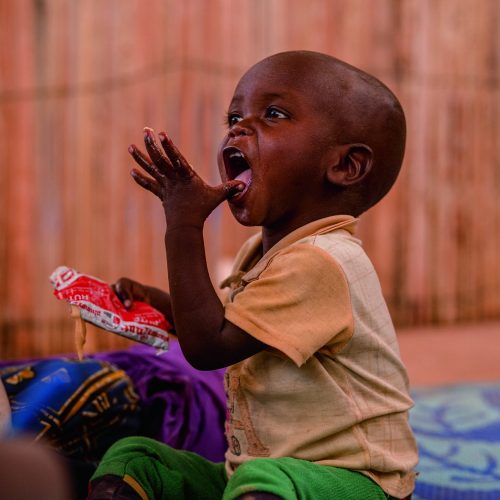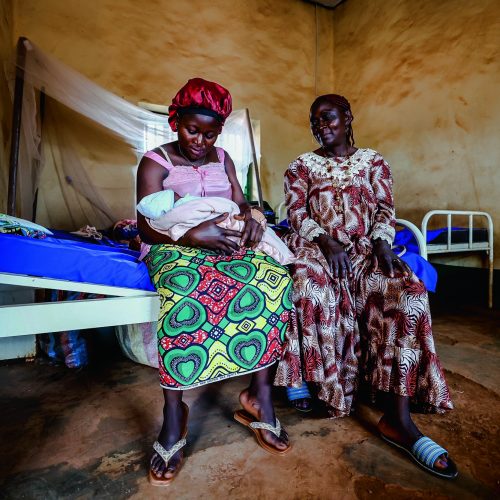Our Unique Model
A Vision to Meet Essential Needs
Founded in 2009, ALIMA (The Alliance for International Medical Action) was established to tackle three major challenges:
- 50% of humanitarian needs remain unmet: Our mission is to provide medical care to the most vulnerable populations, whether they are affected by conflict or epidemics, where crises undermine health structures and governments.
- Only 2% of clinical trials take place in Africa: We are committed to innovating through medical research to prevent future crises, in collaboration with international research institutes.
- Only 0.5% of international funding is directly allocated to local NGOs: We have developed a model based on alliances with local NGOs to change this reality together.
Since 2009, this unique approach has enabled us to provide treatment to over 13 million patients across 15 countries.
A Strong Alliance with Local NGOs
ALIMA fully integrates local actors in its humanitarian medical aid. Our model is based on:
- A win-win partnership with Ministries of Health and national NGOs to ensure appropriate and effective assistance in challenging contexts.
- Balanced co-management: We work hand-in-hand with Ministries of Health, local NGOs, and communities to assess, plan, and implement humanitarian projects.
- Skills transfer: By strengthening the organizational and human skills of local NGOs, we empower them to become self-sufficient and secure international funding.
- Inclusive governance: Local NGO representatives are included on ALIMA’s Board and participate in strategic meetings for co-management at the highest level.
Five countries in West and Central Africa, including Burkina Faso, Cameroon, Niger, Mali, and Chad, illustrate the strength of our model of collaboration with local NGOs dedicated to the health of vulnerable populations.
Partnership is a cornerstone of ALIMA's work, particularly in the Sahel region. It combines expertise, resources, and capacity-building for health workers and local communities.
Dr Oumarou Maidadji, former coordinator of the NGO BEFEN in Niger
A Constant Drive for Innovation
At ALIMA, 28% of our activities focus on clinical and operational research. Our ambition is to transform humanitarian medicine by bringing together:
- Field humanitarian practitioners who innovate daily to address emergencies.
- Leading research institutions that provide critical scientific rigour.
Our Key Platforms and Partnerships:
- CORAL: Since 2016, this platform has brought together ALIMA, INSERM1219 IDLIC, and PAC-CI to address health threats across Africa.
- ALERRT: ALIMA is a member of this consortium of 20 European and African universities dedicated to epidemiological research.
- Collaboration with the NIH: Since 2015, we have been working with the National Institutes of Health (NIH) to tackle public health challenges.
